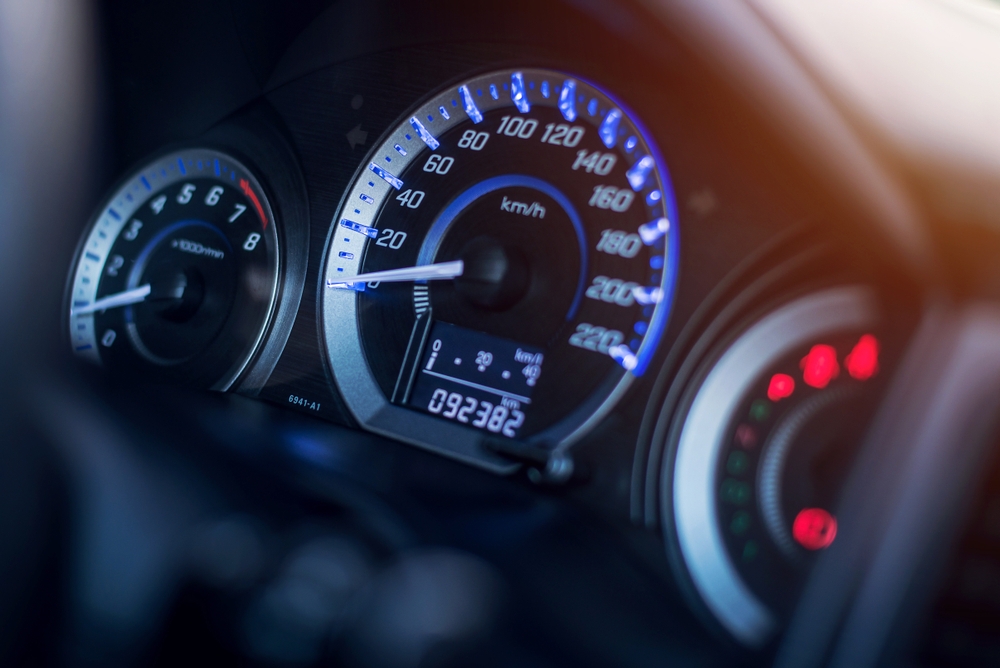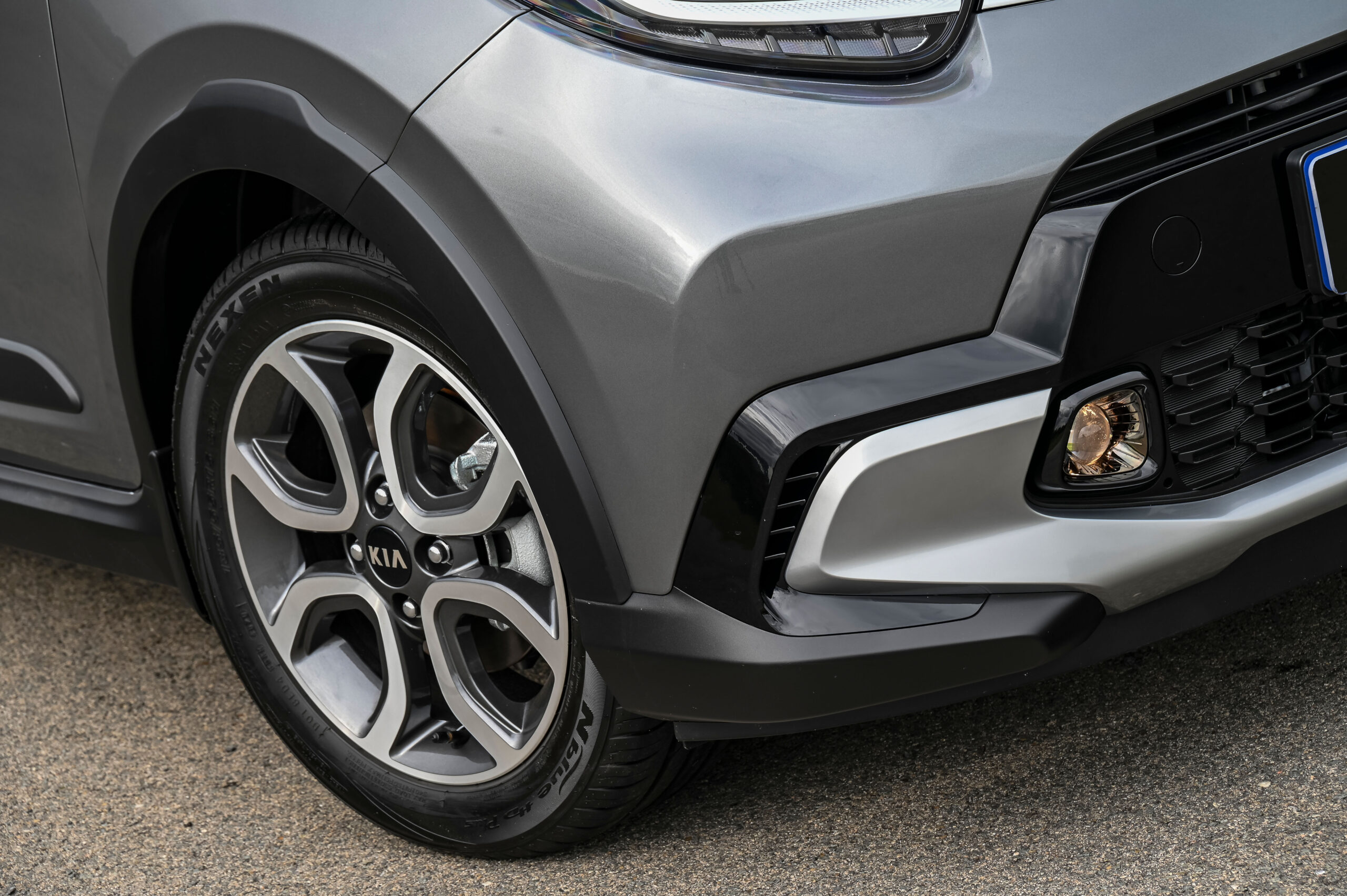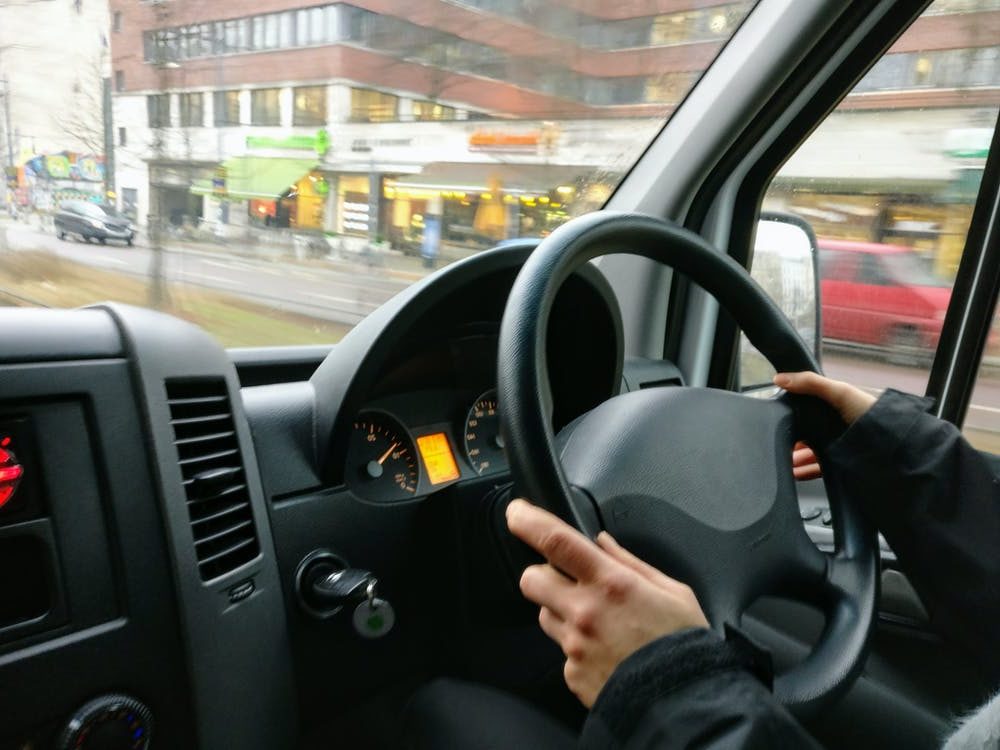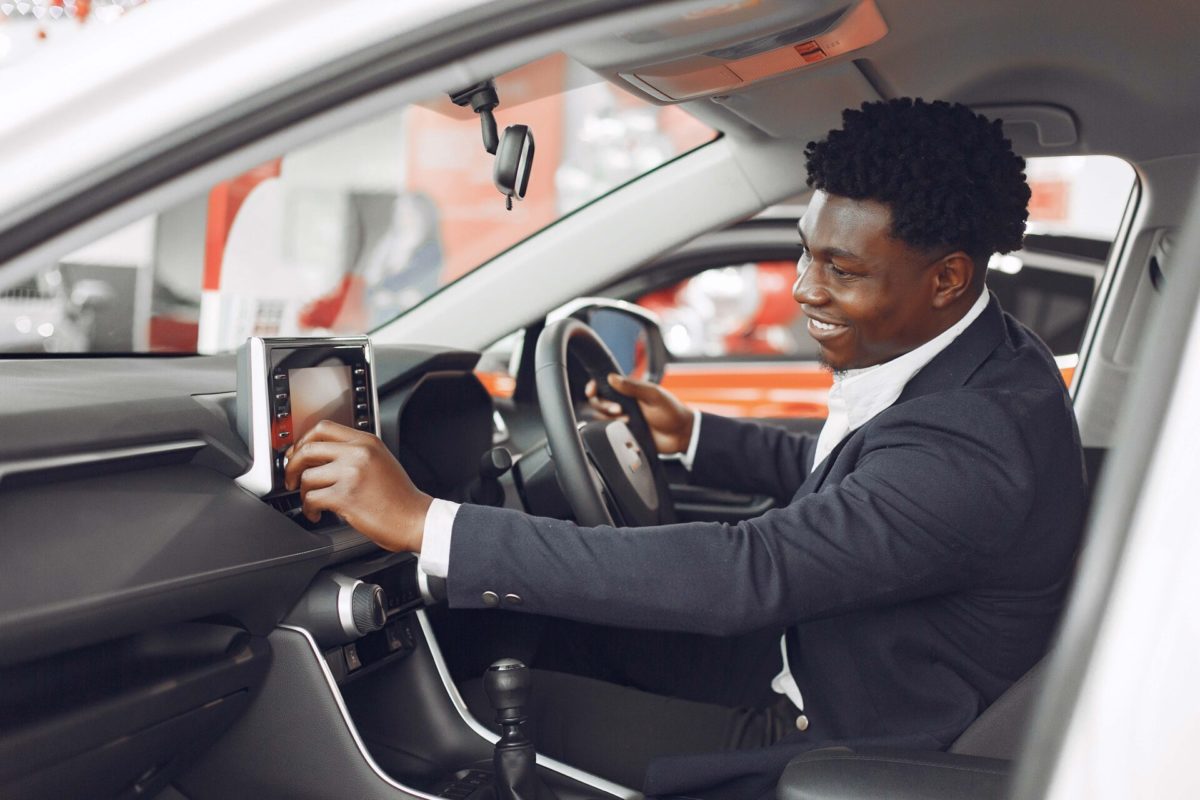Moving from public transport to car ownership is easier than you think
Owning your own set of wheels is very liberating and isn’t as far fetched as some might believe. We got some intel from Motus Retail on how to go about it.
Public transport is not necessarily cheap and the monthly travel expenses of a commuter using multiple taxis, trains, and busses or traveling long distances might very well be on par with the cost of an entry-level car. Besides the cost, owning a car is a dream for many public transport commuters.
“Research indicates that COVID-19 and the associated health and personal safety risks that commuters are exposed to when using public transport has encouraged many commuters to explore buying their own vehicle,” says the CEO of Motus Retail and Rental, Corné Venter.
Owning your own vehicle gives you the freedom to go where you want when you want safely
– CORNÉ VENTER, CEO OF MOTUS RETAIL AND RENTAL
“Owning your own vehicle gives you the freedom to go where you want when you want safely. Buying a car is a serious commitment but with a myriad of finance options to consider, buyers might be pleasantly surprised at what they can afford,” commented Venter.
Everyone’s financial situation differs, but as a general guideline, one should not spend more than 25% of their monthly net income on their total vehicle expenses. It is important to be realistic about what you can afford and just as important to stick to your monthly budget. A car loan is a long-term commitment and car-buyers should thus consider both current and future expenses when estimating their budget.
Buying a car is a serious commitment but with a myriad of finance options to consider, buyers might be pleasantly surprised at what they can afford.
– CORNÉ VENTER, CEO of Motus Retail and Rental
If you earn less than R7 000 per month, monthly installments may still be a little too much for your current budget. However, if you earn between R8 000 and R10 000 per month, you could certainly look at buying a pre-owned vehicle, keeping in mind that your total monthly vehicle expenses should not exceed R2000 to R2500. Saving up for a deposit will also help lower your monthly installments.

Motus promotes a variety of specials monthly that offer exceptional value for money
– CORNÉ VENTER, CEO OF MOTUS RETAIL AND RENTAL
Online calculators help in determining the cost of finance and the cost of ownership, permitting consumers to make an informed decision. Car-buyers can even apply for finance online, and finance applications are sent to all major banks ensuring that the customer gets the best deal in terms of repayments and interest rates.
Factors that influence your credit rating include how long you have been working for your current employer, how long you have lived at your current address, whether you own property and whether you are married.
Banks make it possible for you to structure your finance contract in a way that suits your affordability. This means that you can choose the contract term, the type of interest rate you want, whether you want to pay a deposit and if you would like to use a balloon payment.
“Motus promotes a variety of specials monthly that offer exceptional value for money,” concluded Venter.
The most important thing to do when looking to buy your first car is to shop around to ensure that you get the best deal possible.













